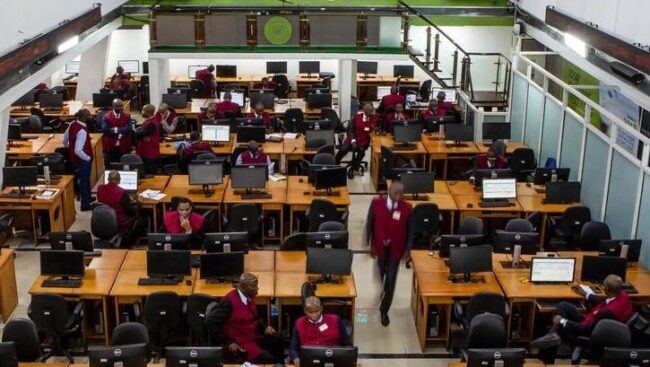Umar Babangida, a witness of the Economic and Financial Crimes Commission (EFCC), has told a federal capital territory (FCT) high court that the Federal Executive Council (FEC) neither signed nor approved the controversial gas supply processing agreement (GSPA).
Process and Industrial Development Limited (P&ID) had won a $9.6 billion judgement against Nigeria in a British court.
The company claimed it entered a contract to build a gas processing plant in Calabar, Cross River state, with the Nigerian government, but that the deal collapsed because the government did not fulfil its own end of the bargain.
It then sued the country and secured judgement in its favour.
Advertisement
However, Nigeria was granted debt relief by the UK court.
Consequently, the EFCC is prosecuting individuals accused of financial impropriety in the P&ID deal including Grace Taiga, a former director in the ministry of petroleum resources.
The commission accused Taiga of receiving $20,000 as kickback for ensuring that the contract allegedly signed between the company and Nigeria sailed through.
Advertisement
She pleaded not guilty to the eight-count charge preferred against her.
At the continued trial on Monday, Babangida, an operative of the EFCC told the court that the GSPA was signed between P&ID and the ministry of petroleum resources.
Under cross-examination by Ola Olanipekun, counsel to the defendant, the witness said investigations revealed that requisite approvals were not obtained before signing.
“Our investigation revealed that the necessary due diligence to process the project by obtaining requisite approvals from the FEC, the infrastructure concession regulatory commission approval, the Bureau of Public Procurement (BPE) approval and office of the Accountant-general of the federation were not obtained,” he said.
Advertisement
The witness said investigations also revealed that the contract was solicited by Michael Payne, an Irish citizen, through Mohammed Kuchazi who was an old-time friend of Rilwan Lukman, the then minister of petroleum resources.
Babangida added that there were no tenders for the contract, saying that “it was through a mere proposal sent to the minister that the contract was approved.”
He said the Lukman (now deceased) had, however, set up a technical committee, headed by Taofik Tijani, to review the proposal.
He added that it was on the basis of its review that the minister approved the contract.
Advertisement
He told the court that Tijani admitted to the EFCC that he supplied the technical details of the GSPA, but denied some details of the agreement when confronted with them.
“The EFCC invited all the members of the technical committee to explain the role each of them played in the controversial contract,” he said.
Advertisement
The witness further stated that although Lukman had died at the time of the investigation, others indicted in the matter, including the defendant, confirmed that they received instructions from the late minister.
The told the court that based on the defendant’s statements, the EFCC wrote to the federal ministry of justice to provide it with the file for the contract.
Advertisement
Though he insisted that Taiga received money to favour P&ID, when asked to read from some exhibits before the court, the witness said the defendant received money through her accounts five, eight and seven years respectively after the GSPA was signed.
“All the payments were made after the contract was terminated and there was a dispute between P&ID and the federal ministry of petroleum resources.”
Advertisement
He noted that the late minister had the power to award and approve the contract and not Taiga, who he said was a legal practitioner.
The judge adjourned the matter to March 16 for the continuation of hearing.
Add a comment




